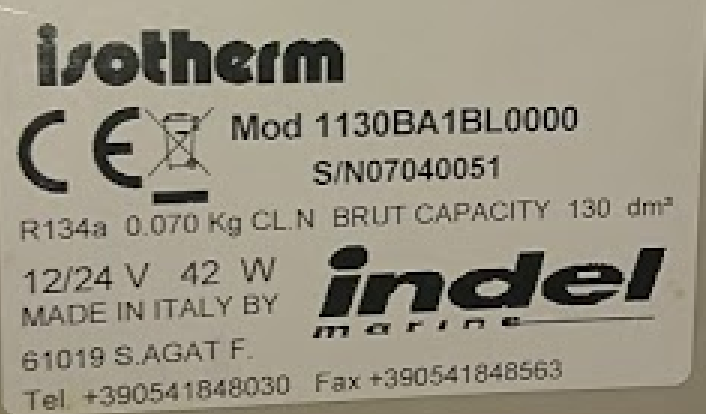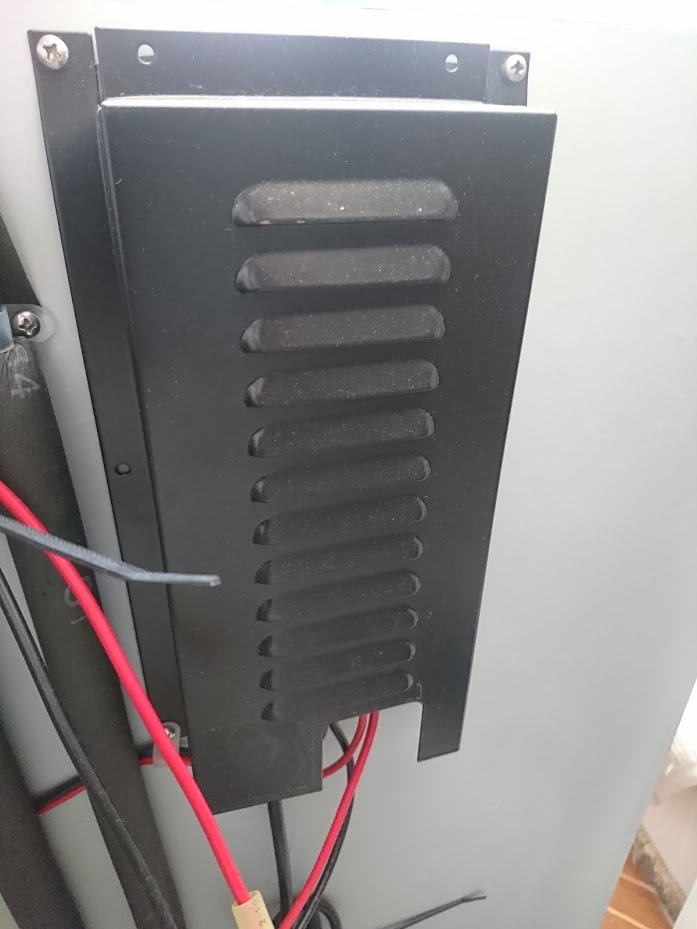Got to the boat a couple days ago after about 4 months away. Boat was at a very nice marina connected to shore power.
Upon opening the refrigerator I noticed that it was not cool at all.
Just as an experiment I tried running it off the 12 volt side and it cools perfectly.
Fridge is a 17 year old isotherm under counter unit.
Seems to me that it would make more sense for the fridge to work on 120v and NOT on 12v.
Any ideas on a simple fix, or is a replacement in my future? Since it has had a nice long life, I'm fine replacing if necessary. Any brands to stay away from?
Thanks as always.
Upon opening the refrigerator I noticed that it was not cool at all.
Just as an experiment I tried running it off the 12 volt side and it cools perfectly.
Fridge is a 17 year old isotherm under counter unit.
Seems to me that it would make more sense for the fridge to work on 120v and NOT on 12v.
Any ideas on a simple fix, or is a replacement in my future? Since it has had a nice long life, I'm fine replacing if necessary. Any brands to stay away from?
Thanks as always.




